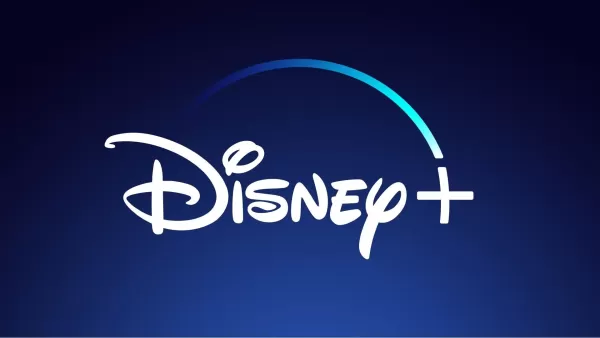Home > News > NetEase Founder Reportedly Almost Canceled Marvel Rivals Because it Didn't Use Original IP
NetEase Founder Reportedly Almost Canceled Marvel Rivals Because it Didn't Use Original IP
NetEase's Marvel Rivals has been a resounding success, attracting ten million players within three days of launch and generating millions in revenue for developer NetEase. However, a recent Bloomberg report reveals that CEO and founder William Ding nearly canceled the game due to reservations about using licensed intellectual property.
The report highlights NetEase's current strategic shift: Ding is streamlining operations, reducing staff, closing studios, and scaling back overseas investments. This restructuring aims to create a more focused portfolio, counteracting recent growth slowdown and bolstering competition with rivals Tencent and MiHoYo.
This streamlining nearly resulted in the cancellation of Marvel Rivals. Sources indicate Ding initially resisted the cost of licensing Marvel characters, advocating for original character designs. This attempted cancellation reportedly cost NetEase millions, yet the game ultimately launched to considerable success.
Despite this success, the restructuring continues. Recent layoffs at the Marvel Rivals Seattle team, attributed to "organizational reasons," exemplify this trend. Over the past year, Ding has halted investments in overseas projects, reversing previous significant investments in studios like Bungie, Devolver Digital, and Blizzard Entertainment. The report suggests Ding prioritizes projects projected to generate hundreds of millions annually, although a company spokesperson denied the existence of arbitrary revenue thresholds for game viability.
Internal accounts from NetEase employees depict a challenging work environment marked by Ding's volatile leadership style. These accounts describe rapid decision-making, frequent changes of direction, pressure to work excessive hours, and the appointment of recent graduates to senior leadership positions. The frequency of project cancellations is reportedly so high that NetEase may not release any new games in China next year.
NetEase's retreat from game investments coincides with widespread uncertainty in the global games industry, particularly in Western markets. Recent years have witnessed numerous layoffs, cancellations, and studio closures, alongside the underperformance of several high-profile, expensive games.
-
1

Top Streaming Platforms for Live Sports in 2025
Jun 18,2025
-
2

GTA 6 Set for Fall 2025 Release, CEO Confirms
Apr 03,2025
-
3
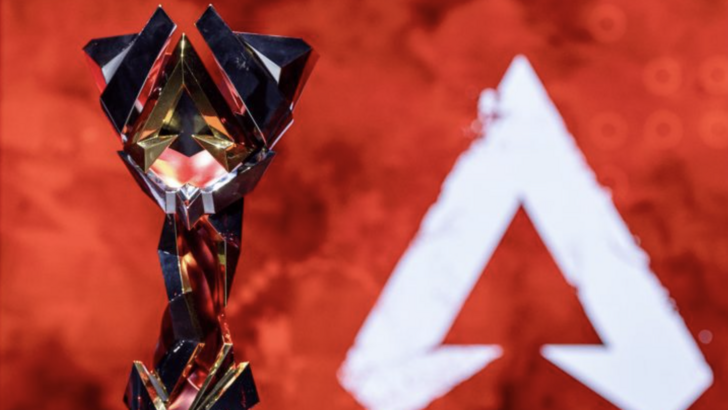
First ALGS in Asia Emerges in Japan
Jan 19,2025
-
4
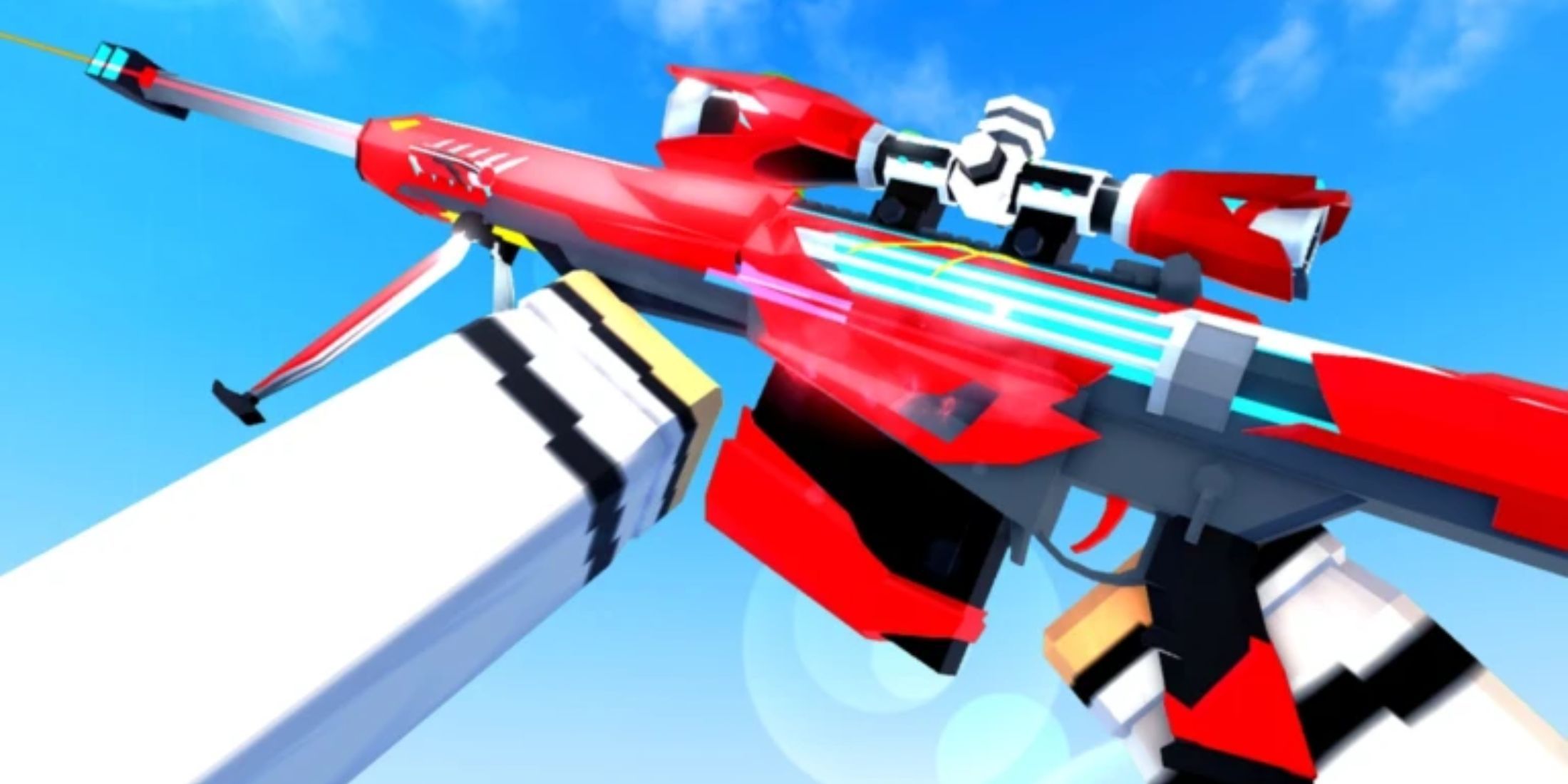
Roblox: CrossBlox Codes (January 2025)
Mar 04,2025
-
5
![Roblox Forsaken Characters Tier List [UPDATED] (2025)](https://img.jdzca.com/uploads/18/17380116246797f3e8a8a39.jpg)
Roblox Forsaken Characters Tier List [UPDATED] (2025)
Mar 05,2025
-
6
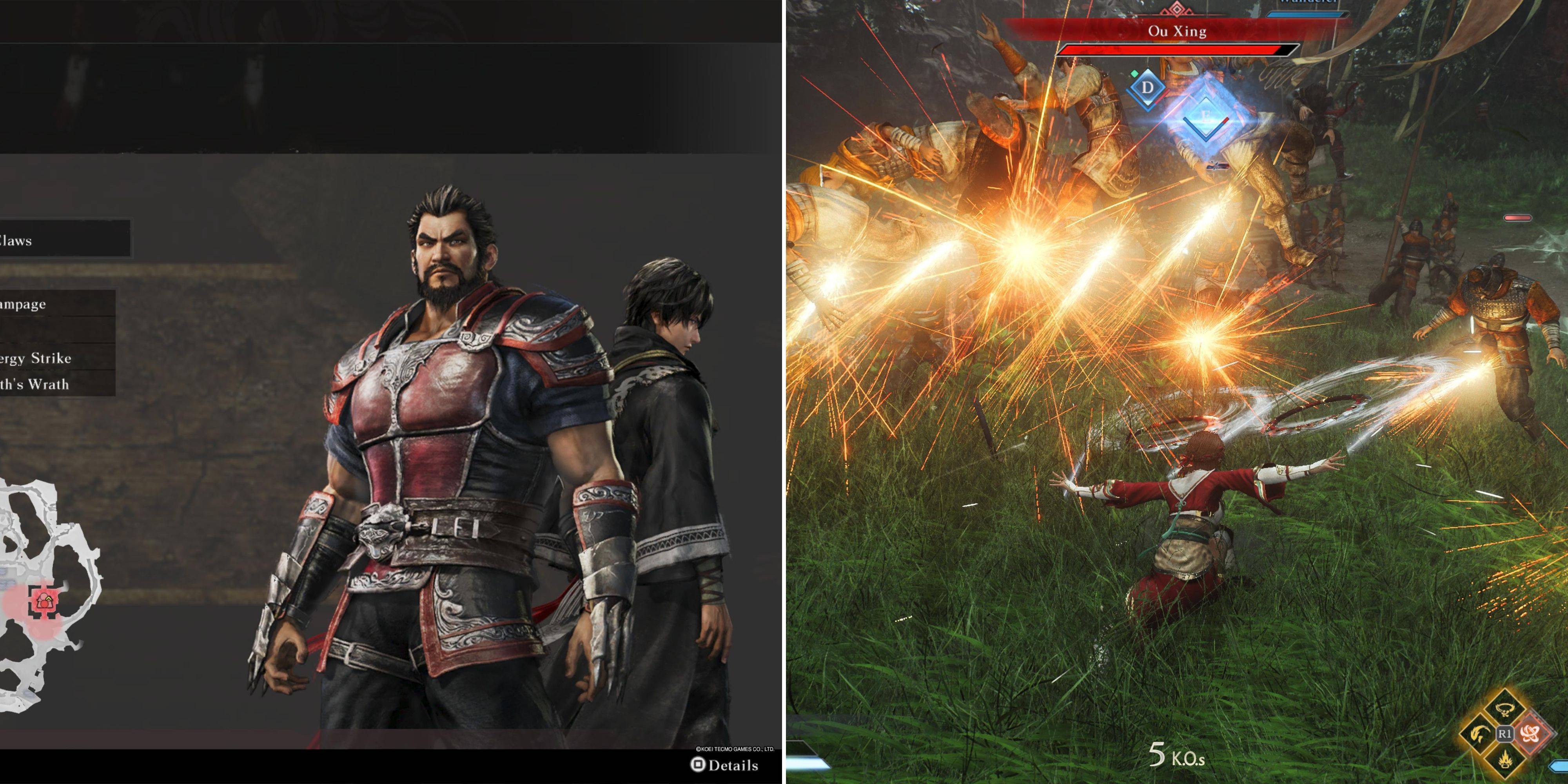
Introducing the Ultimate Guide to Seamless Character Swapping in Dynasty Warriors: Origins
Feb 25,2025
-
7
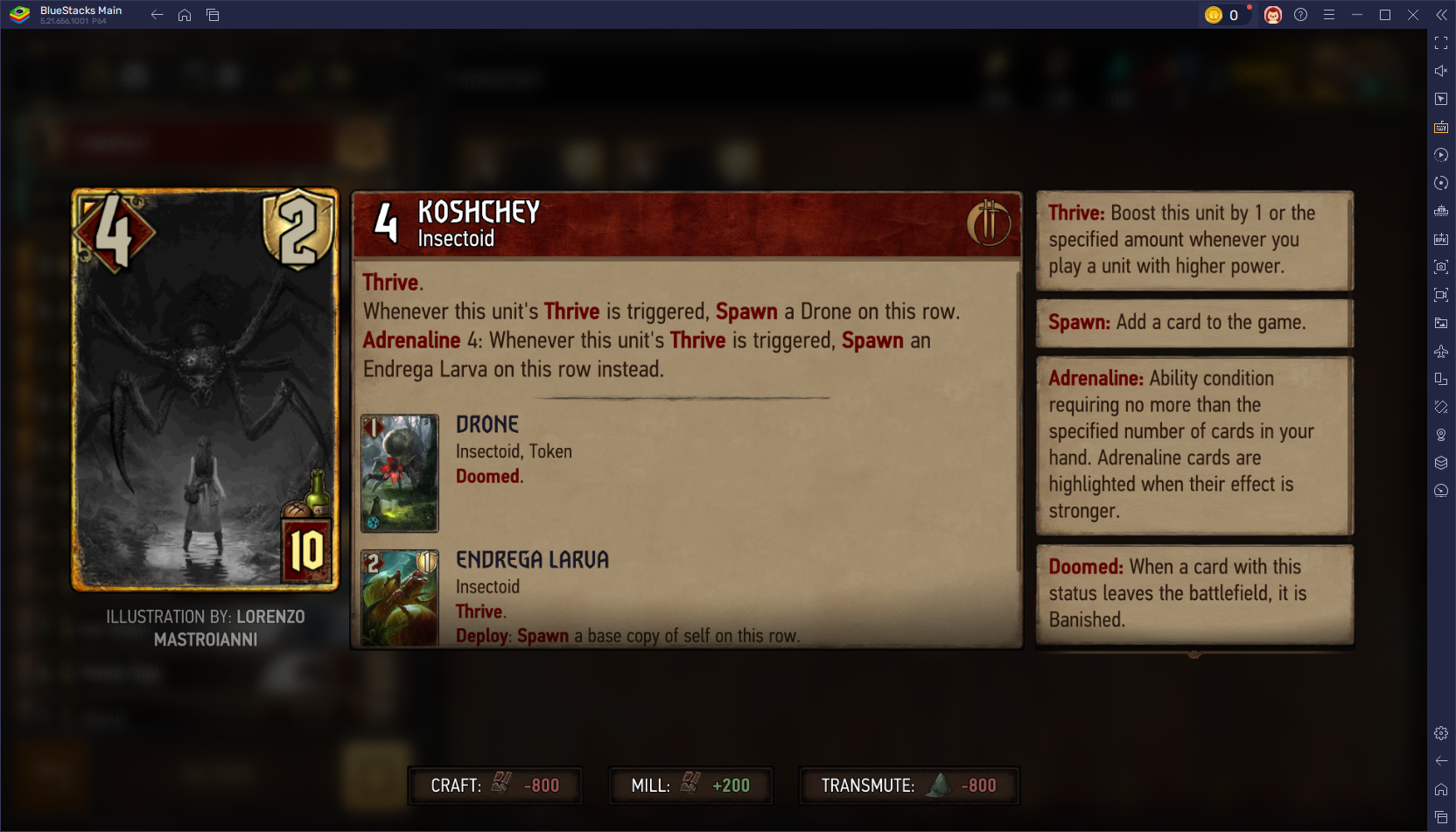
Gwent: Top 5 Witcher Decks (2025 Update)
Mar 13,2025
-
8

Cute mobs in Minecraft: pink pigs and why they are needed
Mar 06,2025
-
9

Max Hunter Rank in Monster Hunter Wilds: Tips to Increase
Apr 04,2025
-
10

Capcom Spotlight Feb 2025 Showcases Monster Hunter Wilds, Onimusha and More
Apr 01,2025
-
Download

Portrait Sketch
Photography / 37.12M
Update: Dec 17,2024
-
Download

Friendship with Benefits
Casual / 150.32M
Update: Dec 13,2024
-
Download

F.I.L.F. 2
Casual / 352.80M
Update: Dec 20,2024
-
4
[NSFW 18+] Sissy Trainer
-
5
Pocket Touch Simulation! for
-
6
슬롯 마카오 카지노 - 정말 재미나는 리얼 슬롯머신
-
7
Chubby Story [v1.4.2] (Localizations)
-
8
Life with a College Girl
-
9
Shuffles by Pinterest
-
10
Hunter Akuna


